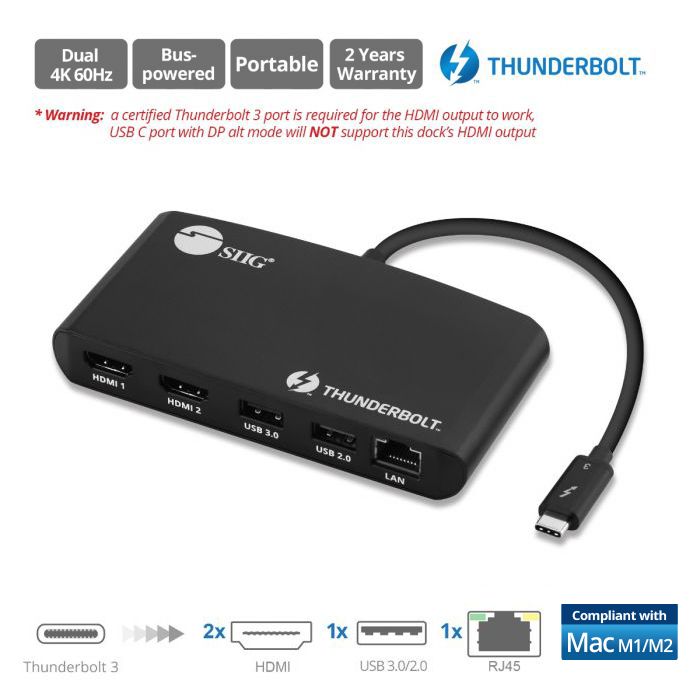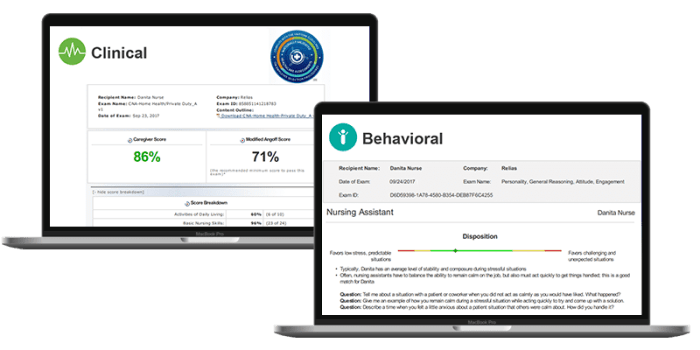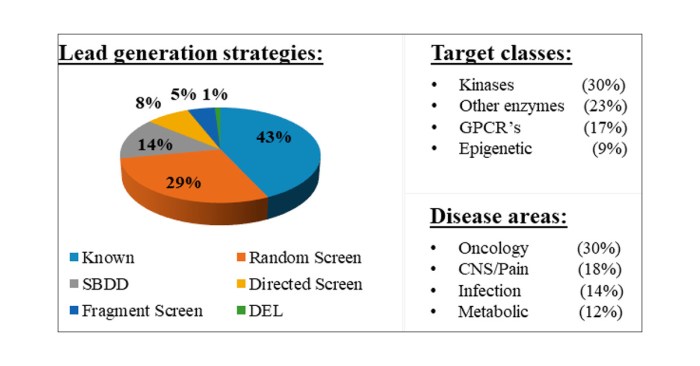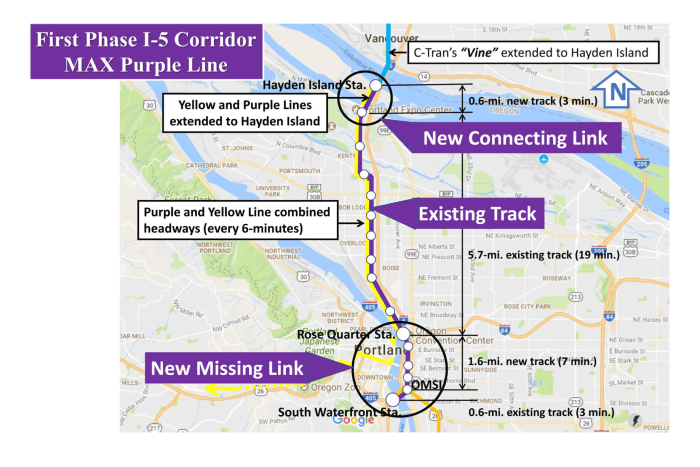Embark on a captivating journey with Relias Core Mandatory Part 3, an indispensable training program tailored to empower healthcare professionals with the knowledge and skills they need to excel in their field. Dive into the depths of this comprehensive training and discover its transformative impact on patient care and safety.
Relias Core Mandatory Part 3 delves into crucial topics that shape the foundation of healthcare practice, ensuring that professionals are equipped to navigate the complexities of the industry effectively. This training is meticulously designed to align with the evolving needs of healthcare professionals, providing them with the tools and insights to deliver exceptional patient care.
Introduction

Relias Core Mandatory Part 3 is an essential module designed to equip healthcare professionals with the knowledge and skills necessary to provide high-quality patient care. It covers a wide range of topics, including patient safety, infection control, and medication administration.
This module is intended for all healthcare professionals, regardless of their role or experience level. It is particularly beneficial for those who are new to the field or who are looking to refresh their knowledge on these critical topics.
Content Analysis

Relias Core Mandatory Part 3 encompasses a wide range of essential topics for healthcare professionals, delving into the intricacies of providing safe and effective patient care.
These topics include:
- Infection Control and Prevention
- Patient Safety
- Medication Safety
- Cultural Competency
- Ethics and Legal Considerations
Infection Control and Prevention
Understanding infection control and prevention principles is crucial for healthcare professionals to safeguard patients from infections. This topic covers the modes of transmission, common pathogens, and effective strategies for preventing and controlling infections in healthcare settings.
Patient Safety
Patient safety is paramount in healthcare, and this topic emphasizes the importance of identifying and mitigating risks, reporting incidents, and promoting a culture of safety. Healthcare professionals play a pivotal role in ensuring patient safety by adhering to established protocols and guidelines.
Medication Safety, Relias core mandatory part 3
Medication safety is essential to prevent medication errors and adverse events. This topic explores the principles of safe medication administration, including medication reconciliation, patient education, and monitoring for adverse reactions. Healthcare professionals must have a thorough understanding of medication safety to ensure the proper and effective use of medications.
Cultural Competency
Cultural competency is critical in healthcare to provide culturally sensitive and equitable care to patients from diverse backgrounds. This topic covers the principles of cultural competency, communication strategies, and the impact of cultural factors on healthcare outcomes.
Ethics and Legal Considerations
Healthcare professionals face ethical and legal challenges in their practice. This topic explores the ethical principles guiding healthcare decision-making, including patient autonomy, confidentiality, and informed consent. Additionally, it covers the legal implications of healthcare practice, such as negligence, malpractice, and patient rights.
Learning Objectives
The learning objectives of Relias Core Mandatory Part 3 are designed to equip healthcare professionals with the essential knowledge and skills required to provide safe and effective patient care. These objectives align with the current standards and best practices in the healthcare industry, ensuring that participants are well-prepared to meet the demands of their profession.
Specifically, the objectives of this module include:
Patient Safety
- Identify and mitigate potential patient safety risks
- Apply principles of infection control and prevention
- Understand the importance of patient confidentiality and privacy
- Recognize and report adverse events
Quality Improvement
- Describe the principles of quality improvement
- Participate in quality improvement initiatives
- Use data to identify areas for improvement
- Implement evidence-based practices
Communication and Teamwork
- Communicate effectively with patients, families, and colleagues
- Work effectively as part of a healthcare team
- Resolve conflicts and build consensus
- Provide culturally competent care
Ethical Decision-Making
- Apply ethical principles to patient care decisions
- Identify and address ethical dilemmas
- Respect patient autonomy and informed consent
- Advocate for patients’ rights
Delivery Format
Relias Core Mandatory Part 3 is delivered in an online format, accessible through a learning management system (LMS).
This format offers several benefits:
- Convenience and accessibility:Learners can access the course at their own pace and on their own time, making it suitable for busy schedules.
- Interactivity:The online format allows for interactive elements such as quizzes, simulations, and discussion forums, which can enhance engagement and retention.
- Flexibility:Learners can pause, rewind, and review content as needed, allowing for a personalized learning experience.
However, there are also some limitations to the online format:
- Technical issues:Learners may encounter technical difficulties, such as internet connectivity problems or software compatibility issues, which can disrupt their learning.
- Lack of face-to-face interaction:Online courses lack the face-to-face interaction found in traditional classroom settings, which can limit opportunities for real-time feedback and discussions.
- Self-discipline:Learners need to be self-disciplined to stay motivated and complete the course within the required timeframe.
Evaluation

Evaluating the effectiveness of training programs is crucial to ensure they meet their intended objectives and provide value to learners. Relias Core Mandatory Part 3 is evaluated through a comprehensive approach that includes:
- Pre- and post-tests:Learners complete assessments before and after the training to measure knowledge acquisition and skill development.
- Feedback surveys:Participants provide feedback on the training content, delivery, and overall experience, offering valuable insights for improvement.
- Performance evaluations:Managers and supervisors assess learners’ on-the-job performance after the training to determine its impact on workplace skills and behaviors.
Importance of Evaluation
Evaluating training programs serves several important purposes:
- Identifying areas for improvement:Evaluations help identify strengths and weaknesses in the training design and delivery, allowing for adjustments to enhance effectiveness.
- Measuring return on investment (ROI):By assessing the impact of training on learner performance and organizational outcomes, organizations can quantify the value of their training investments.
- Ensuring compliance:Evaluations provide evidence of learner participation and knowledge acquisition, supporting compliance with regulatory requirements.
Impact

Relias Core Mandatory Part 3 is designed to have a profound impact on healthcare professionals, empowering them to deliver exceptional patient care and enhance patient safety.
The comprehensive training provided in this course equips healthcare professionals with the knowledge, skills, and tools necessary to effectively manage and prevent healthcare-associated infections (HAIs), which are a significant threat to patient well-being and a major concern for healthcare facilities.
Improved Patient Care
By effectively preventing HAIs, Relias Core Mandatory Part 3 contributes directly to improved patient care. HAIs can lead to prolonged hospital stays, increased healthcare costs, and even life-threatening complications. By minimizing the risk of infections, healthcare professionals can ensure that patients receive the best possible care, experience shorter recovery times, and enjoy better overall health outcomes.
To complete the Relias Core Mandatory Part 3, you might need to take a break and recharge. If you’re looking for a convenient way to eat on campus, consider signing up for the UNCW Meal Plan . With various options to choose from, you can find a plan that fits your needs and schedule.
Once you’ve taken care of your culinary needs, you can return to the Relias Core Mandatory Part 3 refreshed and ready to conquer it.
Enhanced Patient Safety
Relias Core Mandatory Part 3 also plays a crucial role in enhancing patient safety. HAIs can be a source of preventable harm to patients, and the training provided in this course empowers healthcare professionals to identify and mitigate potential risks.
By adhering to evidence-based infection control practices, healthcare professionals can create a safer environment for patients, reducing the likelihood of infections and ensuring their well-being.
Recommendations: Relias Core Mandatory Part 3

To enhance the effectiveness and engagement of Relias Core Mandatory Part 3, consider the following recommendations:
Make the training more interactive and engaging by incorporating hands-on activities, simulations, or case studies. This will allow learners to apply the concepts they learn and make the training more memorable.
Incorporate Real-Life Scenarios
- Include real-life scenarios and case studies that learners can relate to. This will help them understand how the concepts apply to their work and make the training more relevant.
- Use videos, simulations, or role-playing exercises to demonstrate the concepts in a practical way.
Provide Opportunities for Practice
- Provide learners with opportunities to practice the skills they learn. This can be done through online exercises, simulations, or role-playing.
- Give learners feedback on their performance so they can identify areas for improvement.
Make the Training More Accessible
- Make the training available in multiple formats, such as online, in-person, or blended learning.
- Provide closed captioning and transcripts for videos and audio recordings.
Use a Variety of Teaching Methods
- Use a variety of teaching methods to keep learners engaged, such as lectures, discussions, videos, and simulations.
- Tailor the teaching methods to the learning objectives and the needs of the learners.
Top FAQs
What is the purpose of Relias Core Mandatory Part 3?
Relias Core Mandatory Part 3 is designed to provide healthcare professionals with essential knowledge and skills to enhance patient care and safety.
Who is the target audience for this training?
Relias Core Mandatory Part 3 is intended for all healthcare professionals who seek to improve their knowledge and skills in providing safe and effective patient care.
How is Relias Core Mandatory Part 3 delivered?
Relias Core Mandatory Part 3 is typically delivered through a combination of online modules, interactive simulations, and assessments.
How is the effectiveness of Relias Core Mandatory Part 3 evaluated?
The effectiveness of Relias Core Mandatory Part 3 is evaluated through various methods, including participant feedback, knowledge assessments, and observation of improved performance in the workplace.